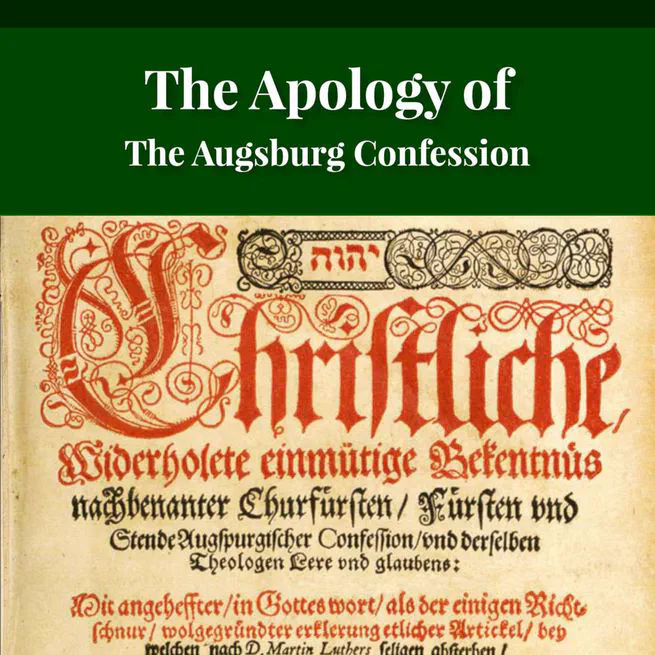
“The Apology is more than a mere polemical treatise. It is a thorough discussion, in all its relations, of the cardinal doctrine of Justification by Faith alone, without Works; for whatever be the article treated, the discussion always reverts to this theme. At first reading, it may indeed seem diffuse, but farther study will show that it contains little, if anything, unnecessary, as it is its aim to meet the questions proposed at every turn, and to examine them from varied standpoints.
17 Jan 2020
![A Concise Introduction to Luther's Larger and Smaller Catechism by John Morris [Journal Article]](/s09-morris-luthers-larger-and-smaller-catechisms/featured_hu13957493201797776303.webp)
“We want no broader line than the catechism draws; but then we do not want that line whitewashed out by a diluted and false liberalism, so as nearly to obliterate it. We desire to see it remain in its original breadth and depth, so that we may consistently and honestly reply to the query: ‘What are the distinctive doctrines of your church?’ ‘You will find an epitome of them in Luther’s Smaller Catechism.’”
31 Jan 2019